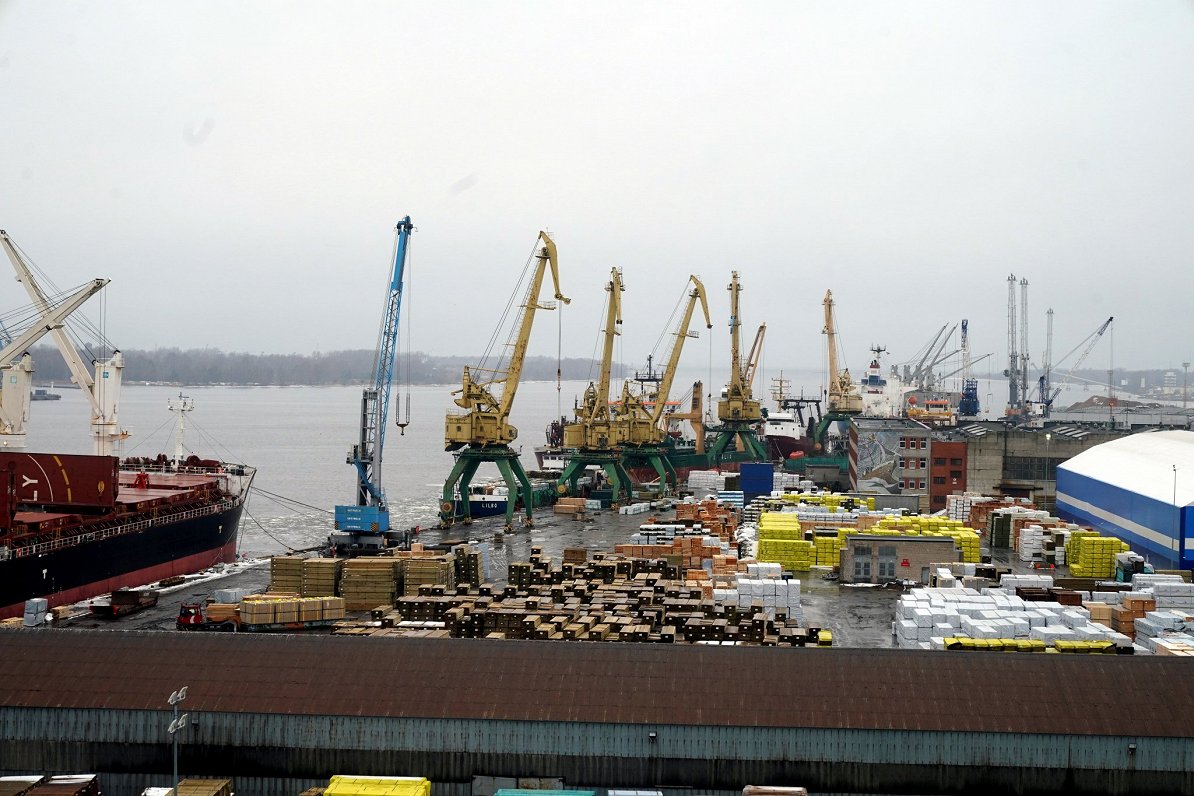These calculations include possible cessation of manganese ore transit, cessation of grain transport, etc. Moreover, if cargo transport with Russia were stopped, it would also affect cargo transport with Central Asian countries, Zeltiņš believes. “In principle, what remains is Latvia's internal exports and imports, maybe some more bits and pieces.”
He noted that the public space of Latvia currently talks more about how severing economic ties with Russia and Belarus would affect ports or Latvian Railways, but the impact from this would be much broader.
“It's not just freight transport, which is ports and rail. That spectrum is wider. So the road haulage segment, I think, is still working [with Russia] as well. In addition, some of their cargo is in no way affected by ports. These are shipments from and to the European Union through the territory of Latvia. Range of companies - various forwarders, insurers, financiers. various services.
“This spectrum is wide and certainly the economic impact is much, much more significant than some drop in revenue in one company or another, let's take Latvian Railways or one port or another,” Zeltiņš said.
When asked whether new partners are being sought, the manager of Riga Freeport said that from a production and industry perspective, the port has been looking in this direction for some time, but it is not possible to implement it within a year.





























